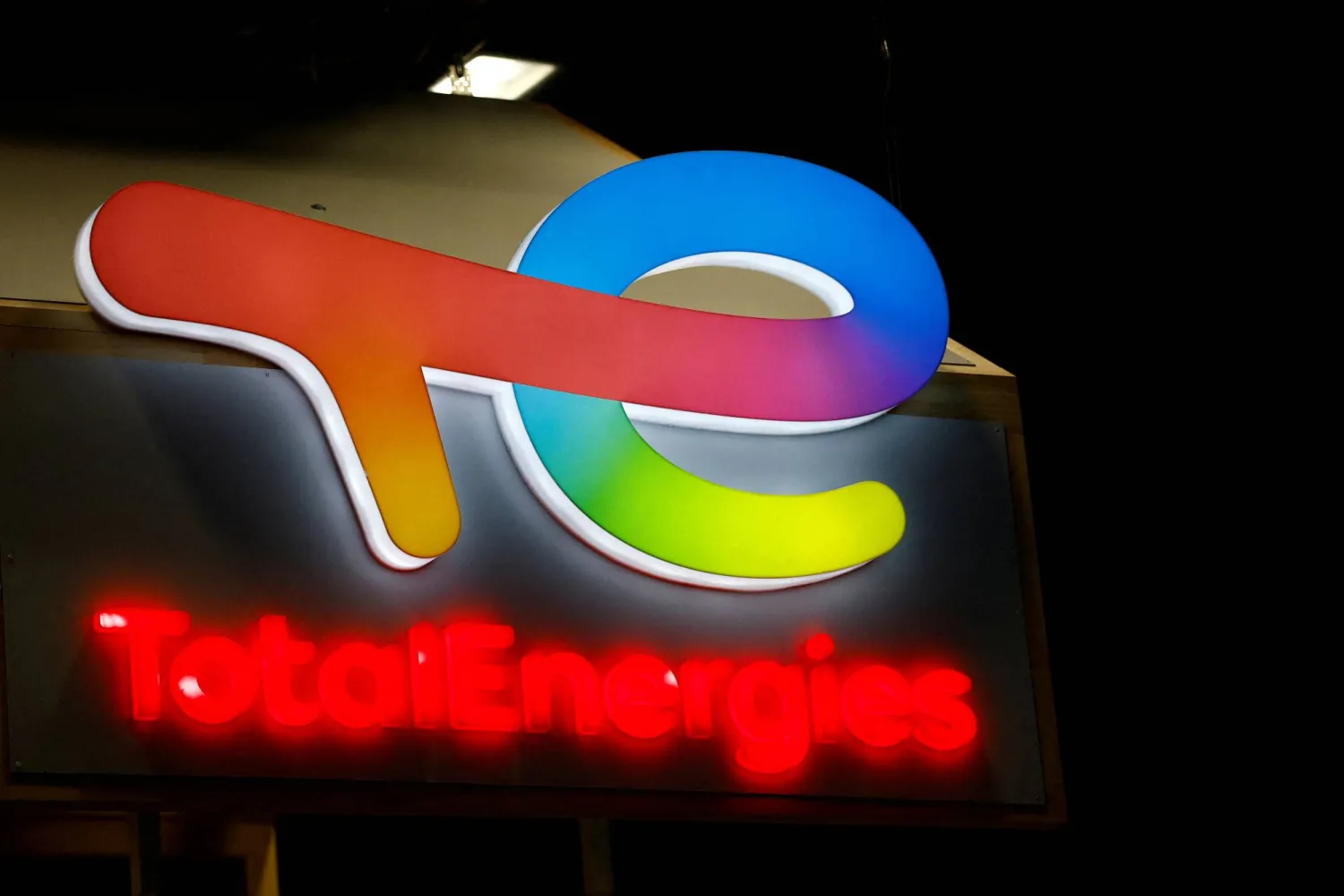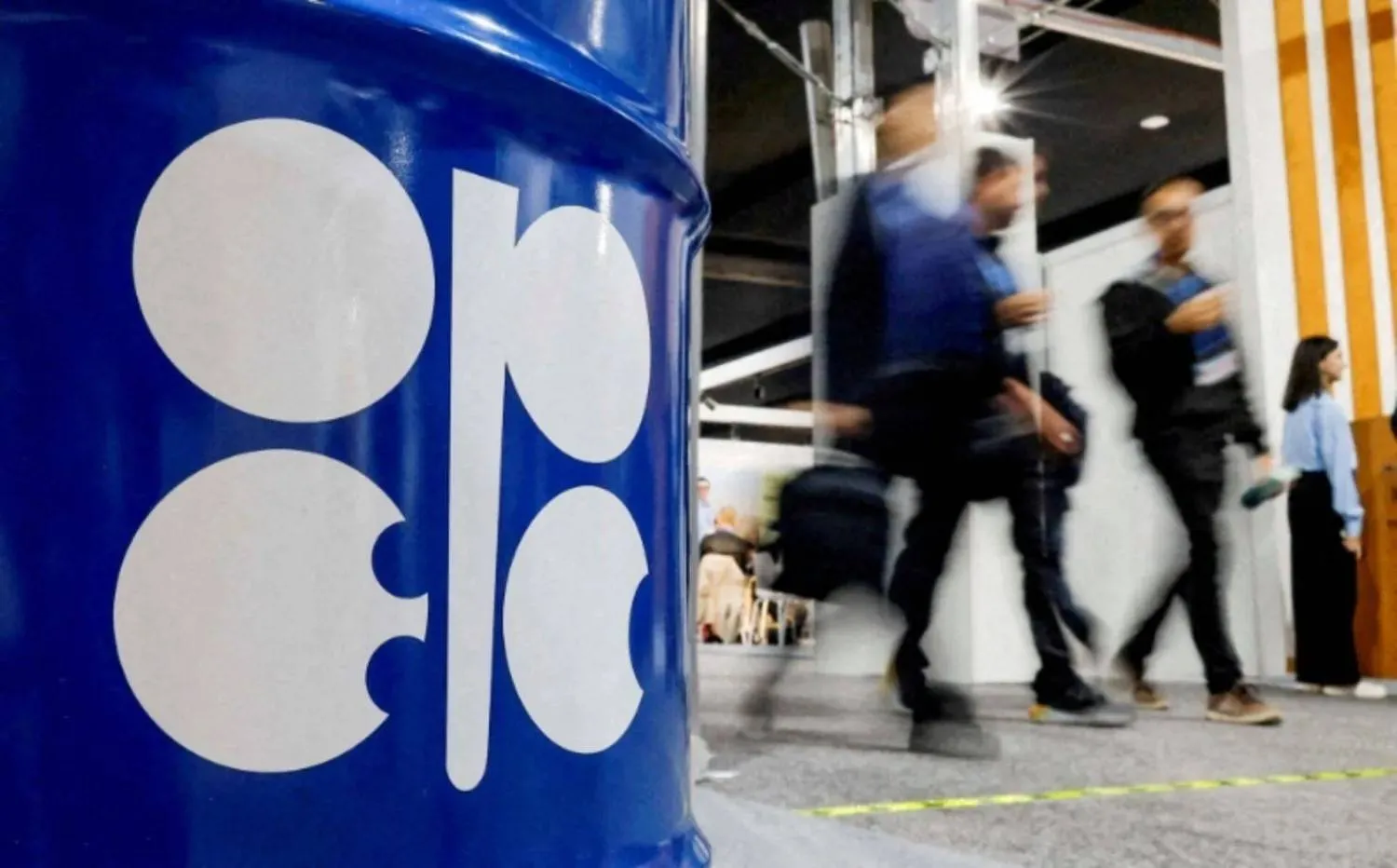A Malaysian diplomat revealed that discussions with Saudi Arabia were underway to finalize nine memoranda of understanding to enhance bilateral cooperation.
He noted that Kuala Lumpur and Riyadh have signed agreements on 18 industrial projects since December 2021, with total investments of $1.65 billion, which are expected to generate around 2,560 job opportunities.
In an interview with Asharq Al-Awsat, Datuk Wan Zaidi Wan Abdullah, Ambassador of Malaysia Riyadh, said: “Malaysia and the Kingdom have signed a total of 26 MoUs and agreements, and there are around 9 MoUs currently being discussed by the two sides based on the mutual visits that took place this year.”
“The two countries look forward to increasing their cooperation, including in the field of diplomatic training, health, housing development, and many other areas in the coming year.”
Datuk pointed that the two countries signed three new agreements in March 2021 during the official visit of then-Prime Minister Tan Sri Muhyiddin Yassin to the Kingdom. Those included the establishment of the Saudi-Malaysian Coordination Council, an MoU on the Umrah pilgrims, an another on Islamic affairs.
According to Datuk, the projects were mainly focused on chemical industries, food processing, electronics, electrical products, textile, and plastics.
He noted that the Kingdom’s main investments in Malaysia include Petronas, a joint venture with Saudi Aramco in the Pengerang Integrated Complex (BIC), as well as a partnership in Al-Rajhi Bank.
On the two countries’ cooperation in the fields of electronic industries, technology, mining, green economy, hydrogen and renewable energy, the ambassador explained that Riyadh and Kuala Lumpur signed the minutes of the establishment of the Saudi-Malaysian Coordination Council in March 2021, during the official visit of the former Prime Minister to Saudi Arabia, hoping that the council would serve as a comprehensive bilateral forum for consultations, chaired by the foreign ministers of the two countries.
“Malaysia enjoys close relations with the Kingdom, based on common values and aspirations to strengthen the unity of the Islamic nation. The deep-rooted ties are built on extensive contacts between the peoples of the two countries,” Datuk told Asharq Al-Awsat.
“The massive economic transformation in the Kingdom over the past decades, which coincided with the economic development of Malaysia, has greatly contributed to this multifaceted bilateral cooperation.”
He added that in 2021, Saudi Arabia was Malaysia’s 17th trading partner, the 25th largest export destination, and the 15th largest source of imports, while Malaysia was Saudi Arabia’s 12th trading partner and the 21st export destination in 2020.
Datuk continued: “From January to September 2022, the total trade between the two countries increased by 135.1 percent, to $7.32 billion, compared to $3.11 billion in the same period in 2021… Exports increased by 51 percent to $1.3 billion, compared to $860 million for the same period last year.”
He explained that the main Malaysian exports to the Kingdom included palm oil agricultural products, petroleum products, processed foods, electronics, and palm oil-based products.
Imports from Saudi Arabia include, according to Datuk, chemical and petroleum products, metal industries, and rubber merchandises.









